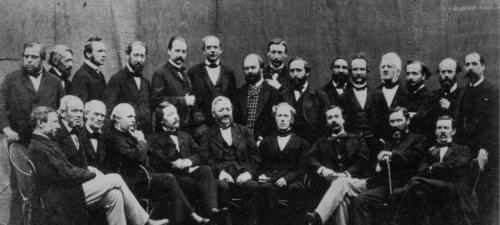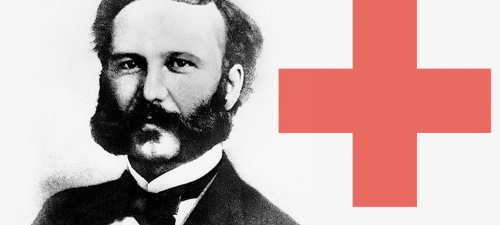History
No other city has a richer history of international cooperation than Geneva. Discover it here.


Discover history through images from the archives of the international organizations based in Geneva.

No less than 20 Nobel prizes – most of them for Peace – have been awarded to personalities and organizations linked with it.

Discover some of the personalities who have placed Geneva under the scoop since 1926.
The historian of the International Committee of the Red Cross, Daniel Palmieri, retraces the historical context and key milestones of the Geneva Conventions from 1864 to 2005.

How did Geneva acquire its international renown? With this book, Joëlle Kuntz takes a concise and irreverent look at a story that is familiar yet seldom told: the emergence of Geneva as an international city.

This book retraces the various stages leading to the construction of the buildings that make up the city's international quarter today.